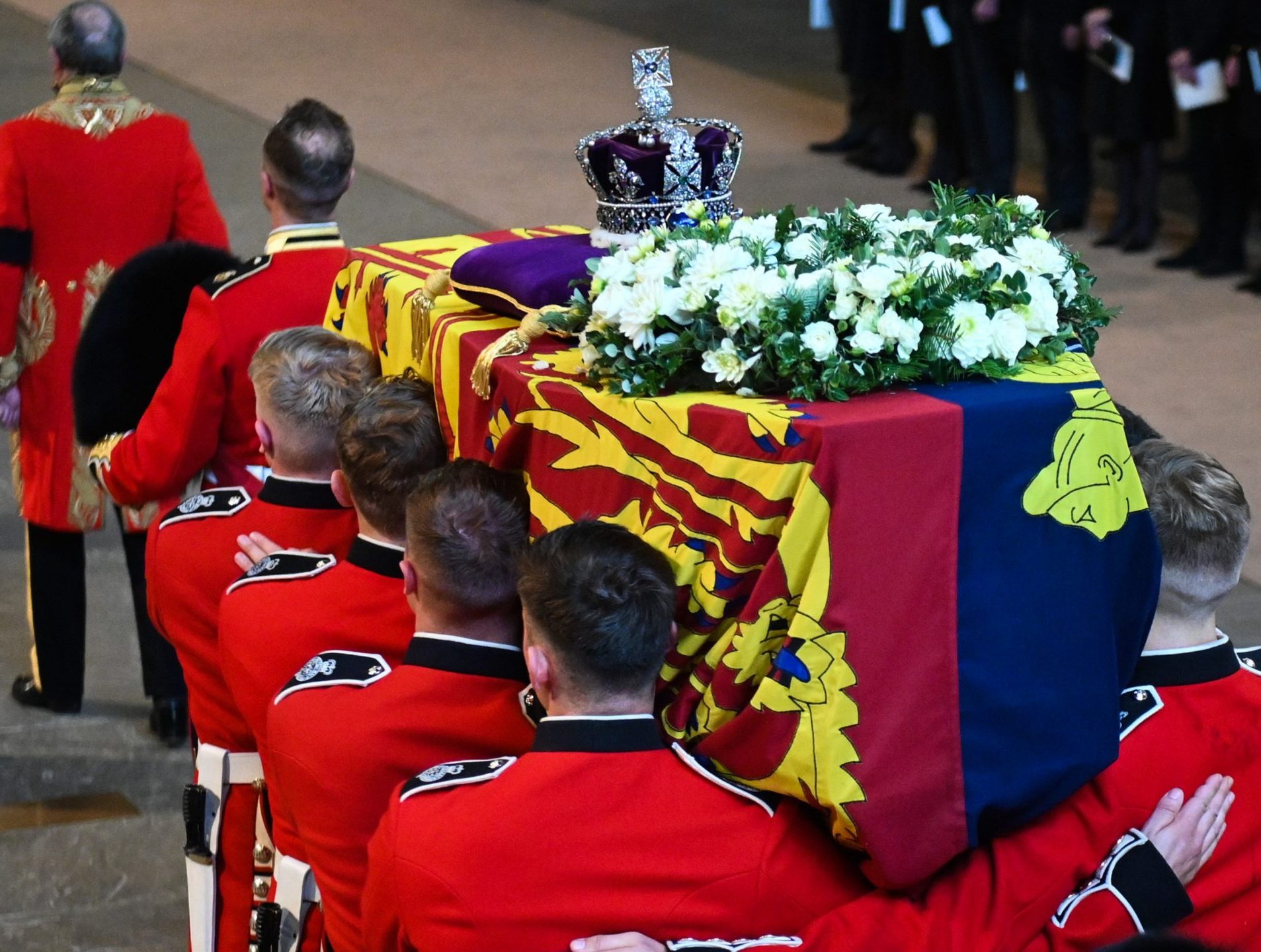When considering the recent political troubles and instability in Britain, it is reassuring and sobering to remember how only a very short time ago the nation was broadly united in marking the death of Queen Elizabeth II.
Events surrounding her funeral and the period of mourning projected British culture and society across the globe. Alongside the tributes paid to the late Queen, many (including those more sceptical about the monarchy) commented warmly on the dignity, nobility and integrity of wider British society and culture at a time of national significance and change.
Such qualities, along with a deeply heartfelt but restrained emotional expressivity, are often praised in the music of British composers – particularly those from the late 19th and early 20th centuries. We can also be proud that a significant number of works by British composers, from Purcell to the current Master of the King’s Music, Judith Weir, have played a significant role in the events surrounding the period of mourning for Elizabeth II, consequently being heard by millions, if not billions of people across the globe. In fact, it is not unreasonable to suppose that the number to listen to a work performed at the late Queen’s funeral might be greater than the number who will ever hear it again for several hundred years – and possibly all time.
Despite this, those British composers of sacred music who also enjoy success in other performance contexts, such as the concert hall and opera house, are rare exceptions. Of the composers performed at Her Majesty’s funeral, only Purcell and Elgar are regularly heard outside the Church. Britain is not individual in having a sacred musical tradition somewhat separate from the secular – think of Russian concert works and music of the Russian Orthodox Church, for example – but surely a nation whose vocal and poetic achievements are not only widely celebrated, but have accompanied with such aplomb one of the most widely scrutinized global events for decades, might anticipate other music by its composers, not least artsong, to be more widely known and more frequently heard.

